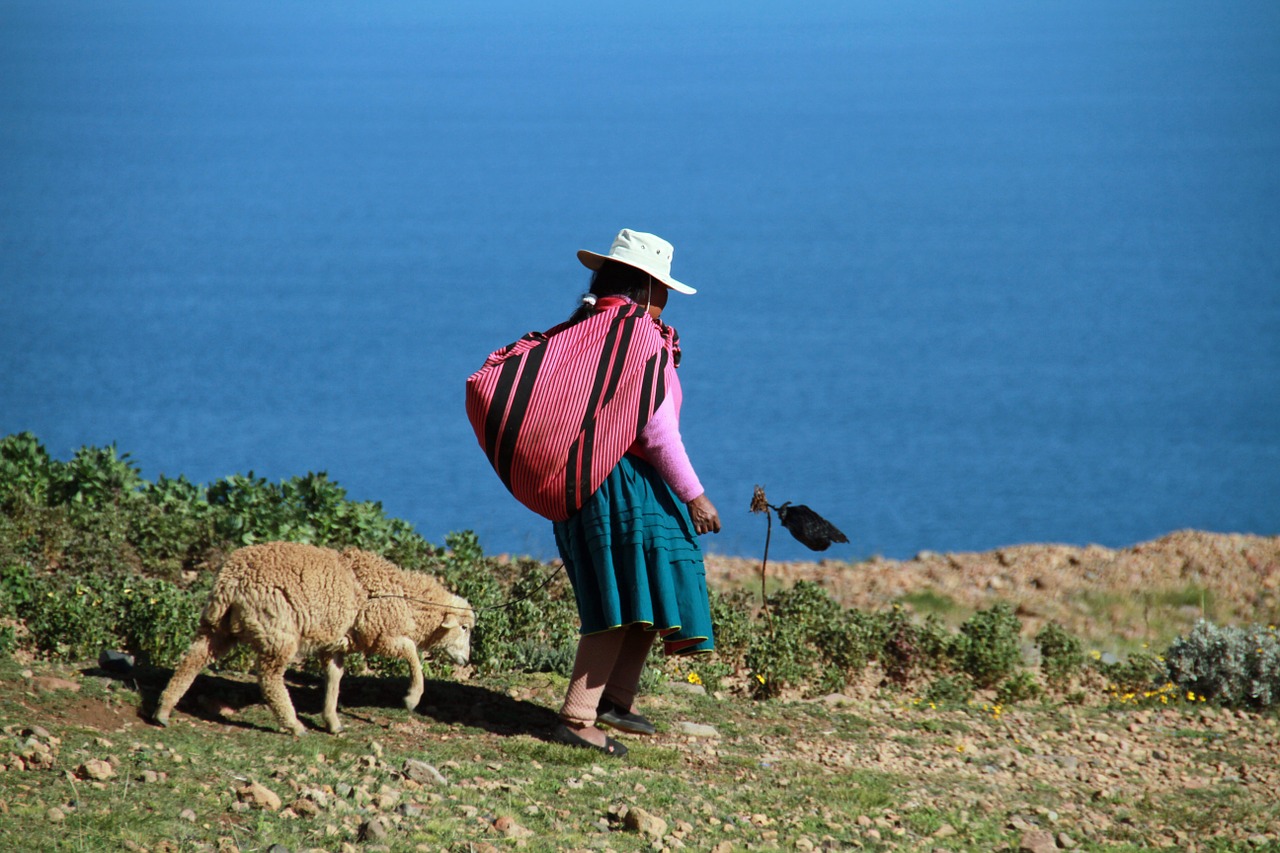
ANKARA – The coronavirus disease 2019 (Covid-19) pandemic has had a devastating impact on indigenous communities worldwide, a UN rapporteur said Monday.
José Francisco Cali Tzay (Maya Kaqchikel), a longtime defender of indigenous rights in Guatemala and new UN special rapporteur on the rights of indigenous people, urged a spotlight on how indigenous people were hit by the outbreak.
“Indigenous peoples who lose their lands and livelihoods are pushed further into poverty, higher rates of malnutrition, lack of access to clean water and sanitation, as well as exclusion from medical services, which in turn renders them particularly vulnerable to the disease,” Cali Tzay said in a statement.
“Now, more than ever, governments worldwide should support indigenous peoples to implement their own plans to protect their communities and participate in the elaboration of nationwide initiatives to ensure these do not discriminate against them,” he added.
Cali Tzay also urged states to make sure indigenous people have access to information about Covid-19 in their native languages.
He added that they also need to have access to culturally appropriate medical services, noting that public health facilities might be scarce in their communities.
“The pandemic is teaching us that we need to change: we need to value the collective over the individual and build inclusive societies that respect and protect everyone. It is not only about protecting our health,” Cali Tzay said.
After originating in Wuhan, China last December, Covid-19 has spread to at least 188 countries and regions, with Europe and the US currently the worst hit.
The pandemic has killed over 318,000 people worldwide, with more than 4.8 million confirmed cases, while recoveries have surpassed 1.78 million, according to figures compiled by the US’s Johns Hopkins University.